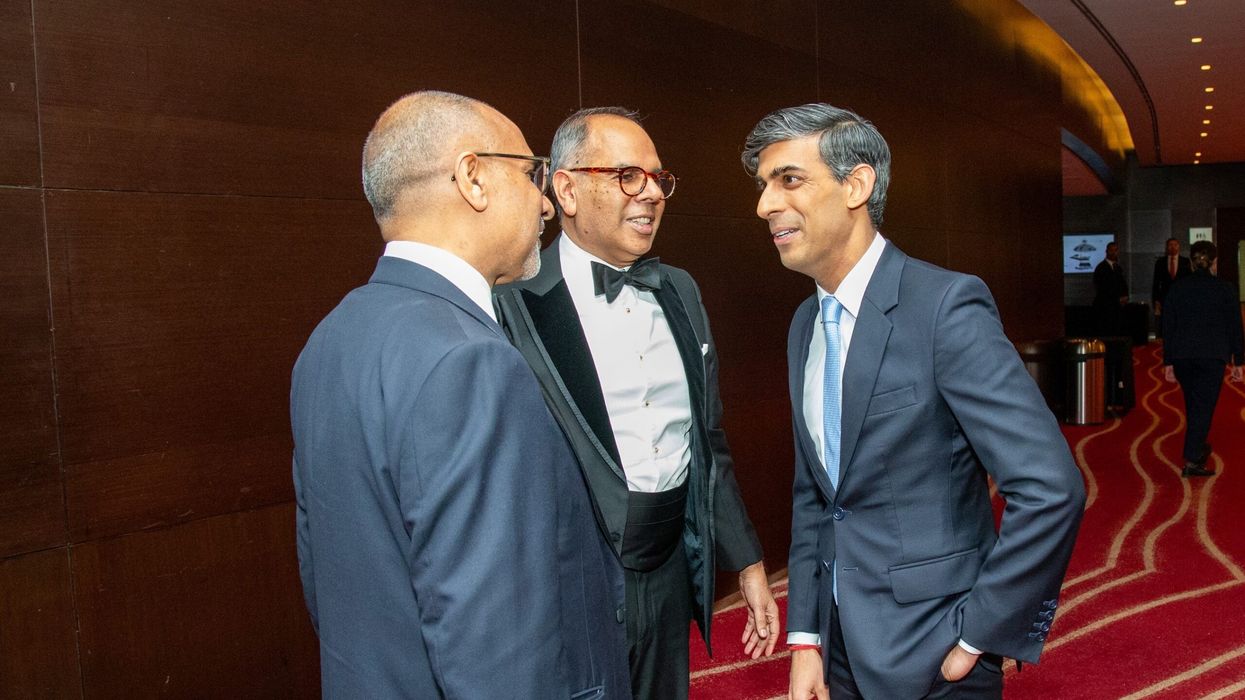LEADING public and private sector organisations need to do more attract ethnic minorities to their boardrooms, Kalpesh Solanki, managing director at Asian Media Group (AMG), told attendees at the GG2 Leadership & Diversity Awards.
In December 2023, only 44 per cent of the UK’s top 50 largest private companies had at least one ethnic minority director on their board, compared to 96 per cent of FTSE 100 firms and 70 per cent of those in the FTSE 250.
“As we look across the country into the boardrooms of the leading public and private sector organisations we don’t see many faces of colour,” said Solanki.
“All the arguments of employing diverse talent, especially in senior positions, have been made. So how do we persuade leaders to have impact on their organisations and our society?
“Maybe the time has come to shine a light on those organisations making progress and those which are not. And for ethnic talent to be more discerning in choosing their future employers.”
Solanki added that “we needed to create a more just and equitable society”.
“There are racial disparities in many facets of our lives. This is why we must continue to work towards eradicating these disparities and create a more just and equitable society where opportunities are available to all, and not based on the colour of our skin,” he said.
“We need to address the pay gaps that exist for ethnic communities and highlight the organisations who choose to pay ethnic talent less than their white counterparts.”
He added, “While there are many examples of inequalities and racism, there are also many examples of success where immigrants have integrated and enhanced our lives.”
Solanki referenced success attained by British Asians in politics as an example of what ethnic minorities could achieve, if given the opportunities.
He noted a British Indian prime minister in Rishi Sunak; a British Pakistani mayor in Sadiq Khan (London); and in Scotland, the first minister Humza Yousaf and Anas Sarwar leader of the Scottish Labour party, who are both of Pakistani heritage.
Solanki said the awards were about recognising organisations working towards a diverse and truly inclusive workforce and championing diversity.
“We see ethnic judges upholding the rule of law; surgeons performing ground-breaking operations; researchers finding solutions to cure us; professors helping to educate us; and doctors and nurses at the heart of the NHS,” he said. “This evening is all about recognising and celebrating these successes.”




